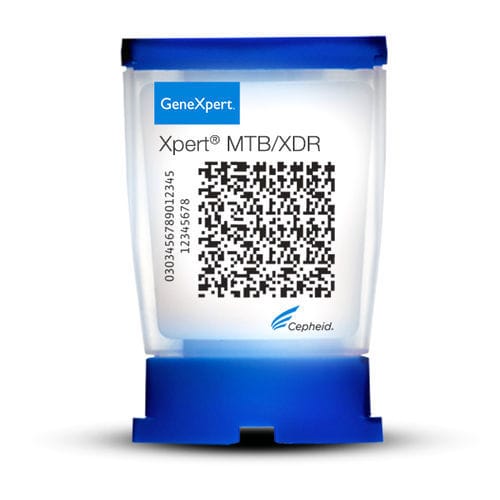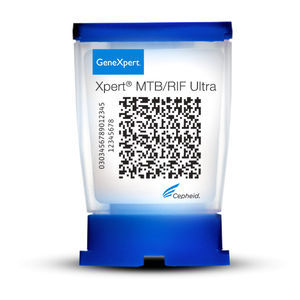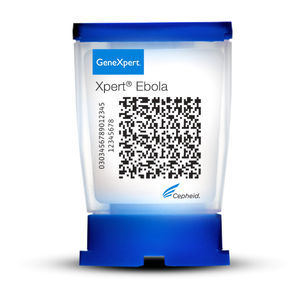
Tuberculosis test kit Xpert® MTB/XDRlaboratorymolecular
Add to favorites
Compare this product
fo_shop_gate_exact_title
Characteristics
- Applications
- tuberculosis
- Sample type
- laboratory
- Analysis mode
- molecular
- Result display time
90 min
Description
The End TB Strategy calls for universal access to drug susceptibility testing (DST).1 Yet only 39% of the estimated 448,000 multidrug resistant (MDR) incident cases in 2018 had been notified, and only 32% of those were enrolled in treatment.2 In 2017, among the MDR or rifampicin resistant (RR) TB cases only 50% were tested for resistance to fluoroquinolones and second-line injectable agents.3
At the same time, new evidence and guidance on the treatment of drug-resistant tuberculosis is being issued by WHO, advocating for the use of new oral drug regimens which require DST.4,5 Likewise, the increasing incidence of isoniazid-monoresistance among TB cases calls for reliable molecular diagnostic tests.6
However, so far, the only molecular tests recommended by WHO for molecular DST require a high bacterial load in the sample, specialized laboratory equipment, well-trained personnel2 and have a long time to result.
The Solution
The world needs rapid molecular DST that can detect resistance to the most common first and second line drugs with an approach that doesn’t require sophisticated skills or laboratory equipment.6
The ideal test would support health care providers with the same quality of test results at the level of a reference lab as well as at decentralized healthcare facilities, to link more patients to appropriate care.
Xpert MTB/XDR allows fast molecular DST. Combined with the frontline test Xpert MTB/RIF Ultra, Xpert MTB/XDR sets new standards by detecting mutations associated with resistance towards isoniazid (INH), fluoroquinolones (FLQ), second-line injectable drug (SLID) (amikacin, kanamycin, capreomycin) and ethionamide (ETH) in a single test.
Catalogs
No catalogs are available for this product.
See all of Cepheid ‘s catalogsRelated Searches
- Assay kit
- Blood assay kit
- Plasma assay kit
- Infectious disease detection kit
- Blood rapid diagnostic test
- Molecular test kit
- Virus rapid diagnostic test
- Serum rapid diagnostic test
- Respiratory infection test kit
- Plasma rapid diagnostic test
- Infectious disease rapid diagnostic test
- Clinical assay kit
- Whole blood rapid diagnostic test
- COVID-19 detection kit
- Rapid respiratory infection test
- Urine rapid screening test
- Laboratory software
- Oncology test kit
- Bacteria rapid diagnostic test
- Windows medical software
*Prices are pre-tax. They exclude delivery charges and customs duties and do not include additional charges for installation or activation options. Prices are indicative only and may vary by country, with changes to the cost of raw materials and exchange rates.



